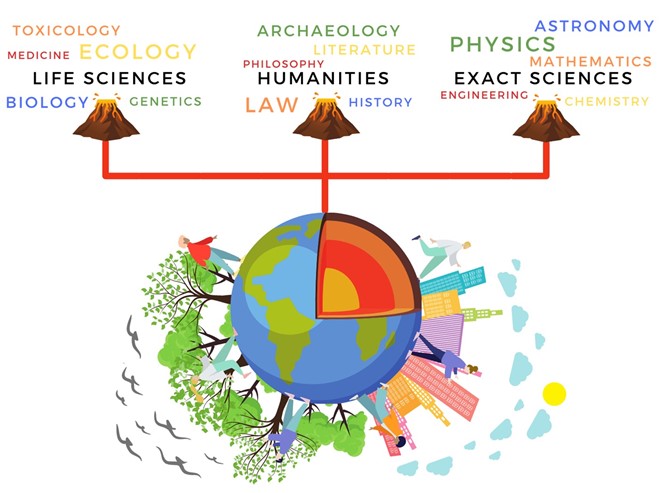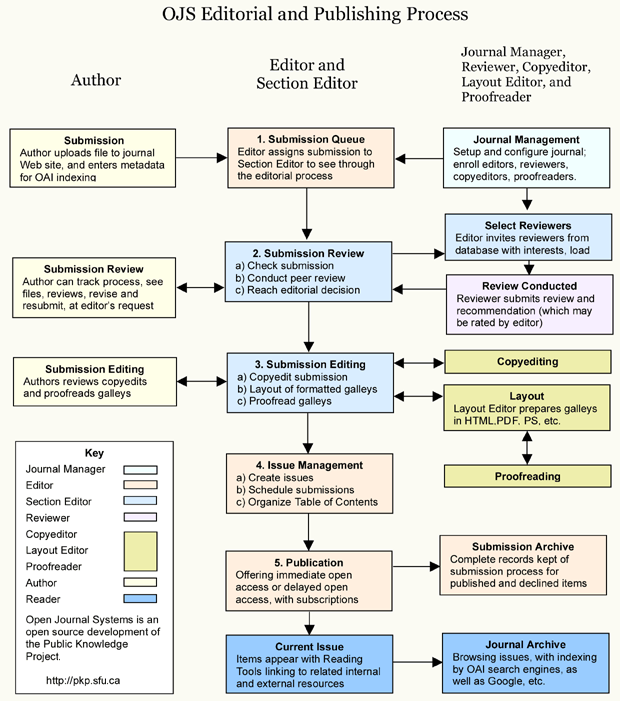About the Journal
Focus and Scope:
Environmental Smoke (ES Journal) is a peer-reviewed scientific journal focussing on Environmental Sciences and related topics, involving the interrelationship of the human being and the environment.
Due to the costs necessary to maintain this journal, all accepted articles will be charged a publication fee.
In Brazilian Reais: R$ 200,00 (two hundred)
In Euros: € 100,00 (one hundred)
In Dollars: $ 100.00 (one hundred)
In Yuan: ¥ 500,00 (five hundred)
In Indian Rupee: ₹ 6000,00 (six thousand)
For full articles over 30 pages, an additional fee of 10% of the total value will be charged for every 5 pages in excess. For example, articles with 35 pages, will be charged 220 Brazilian Reais, or 110 Euros, or 110 Dollars, depending on the payment currency.
In some specific cases, authors may apply for a discount, such as students-of-public-schools-as-the-only-author, authors from poor or developing countries, according to OCDE, World Bank, EIFL criteria, and others. Nonetheless, the discount is not guaranteed.
For any questions please contact the Editorial Team: smoke@environmentalsmoke.com.br
History of the journal:
Environmental Smoke appeared on May 12, 2018, in João Pessoa municipality, State of Paraíba, Northeast Brazil.
The name refers to the smoke emitted by an erupting volcano, in which gases represent knowledge (in all areas), which spread throughout the globe to the entire world society.

Open Access Statement / Data Sharing Policy:
Environmental Smoke offers immediate and permanent free access to its published contents. All manuscripts are available in numerous international Indexers / Repositories / Databases (section at the bottom of this page).
This journal declares that it follows the DOAJ indexer (Directory of Open Access Journals) definition of Open Access, in which the copyright holder of a scholarly work grants usage rights to others using an open license (in this case, Creative Commons) allowing for immediate free access to the work and permitting any user to read, download, copy, distribute, print, search, or link to the full texts of articles, crawl them for indexing, pass them as data to software, or use them for any other lawful purpose.
All manuscripts are licensed under a Creative Commons - Attribution 4.0 International (CC BY 4.0).
Double-Blind Peer Review Process:
It is the process by which each manuscript is evaluated by two or more expert reviewers in their field of expertise, who are reviewers external to the journal.
Submitted articles are received by the Section Editor of the area, and forwarded by him/her to the ad hoc reviewers without identification of authorship; in addition, the authors do not have access to the identification of the reviewers. At the beginning of the evaluation process, the Section Editor will submit the article to a plagiarism check using the Plagius software (https://www.plagius.com/), in which a Similarity Index report is produced. If phrases/expressions/statements from other contents (such as articles, books and theses) are found and the proper citation credits are not given, including also images/figures used from other works, the corresponding author will be notified to make the necessary correction/adjustment. This initial procedure (pre-submission to reviewers) is called Quick Review.
For Special Issues, the evaluation process follows procedures similar to normal editions, with the organisation of a Guest Editor, according to the Double-Blind Peer Review Process.
The scientific journal Environmental Smoke applies a standard evaluation sequence that each evaluator follows, making observations embedded to the submitted article, within an estimated period of 2 to 4 weeks. In this process, they mainly evaluate the unpublished nature of the study, content quality, plagiarism verification, among other important points.
If the article is accepted with modifications, the corresponding author must meet the requirements of the reviewers, within an estimated period of 2 to 4 weeks, at the discretion of the reviewers.
In this evaluation process, authors must respond to the each referee through a Response Letter, with all the referee's comments/suggestions. This standard procedure aims to meet each evaluators request, and if the authors do not agree with any suggestion for the article, this must be expressed in the letter, with an explanation of the reasons.
Authors must also highlight the changes to your manuscript within the document by using the "Track changes" mode (for example) or by using bold or colored text.
The estimated time between submission of the manuscript and the response of acceptance or rejection of the manuscript is 4 to 8 weeks, depending on each case.
Just in case, depending on the careful analysis of the Section Editor (such as relevance of the research or insufficient/inconsistent evaluation by the reviewers), the manuscript may be forwarded to other reviewers outside the journal.
- Manuscripts are evaluated according to the following mandatory items:
1) Correct number of pages for the type of manuscript to be submitted;
2) The citations in the text are corresponding in the reference section and vice versa;
3) Compliance with ethical standards;
4) Originality of the manuscript, with plagiarism detection;
5) Topic of relevance in the area in which the manuscript fits;
6) Obeying the structure according to the section Guidelines for Authors;
7) Abstract with minimum inherent structure of Introduction, Methodology, Results (main findings) and Conclusions;
8) References according to the norms of this journal, based on ABNT (Associação Brasileira de Normas Técnicas).
-PUBLISHING CONSIDERATIONS:
We emphasize that the peer review process of this journal is double-blind, in which the authors do not have access to the reviewers, and the reviewers do not know they are the authors.
The decision to accept the manuscripts is based on the review by the referees, with a final decision by the Section Editor responsible for the volume.
Changes in accepted and/or published manuscripts:
In cases requiring journal corrections (erratum - publishing rectification), author retractions (corrigendum - author changes), and/or editorial expressions of concern, the manuscript will be republished with changes, explicitly visible in the "new manuscript".
- For Special Issues, evaluation process allows similar procedures, with organization of a Guest Editor.
Periodicity:
The Journal is published four-monthly (April, August and December), and manuscripts may be submitted at any time.
Processing average time for manuscripts:
First Editorial Decision: 40 days
Review Process: 50 days
Publication: 70 days
Workflow in the Journal:


























































